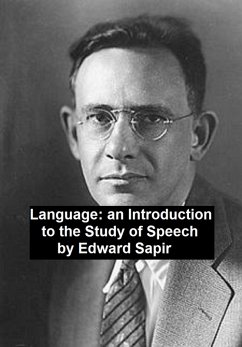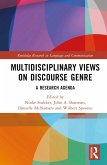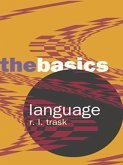According to Wikipedia: "Edward Sapir (January 26, 1884 - February 4, 1939) was a German-born American anthropologist-linguist and a leader in American structural linguistics. He was one of the creators of what is now called the Sapir-Whorf hypothesis. He is arguably the most influential figure in American linguistics, influencing several generations of linguists across several schools of the discipline."
Dieser Download kann aus rechtlichen Gründen nur mit Rechnungsadresse in A, B, BG, CY, CZ, D, DK, EW, E, FIN, F, GR, H, IRL, I, LT, L, LR, M, NL, PL, P, R, S, SLO, SK ausgeliefert werden.









